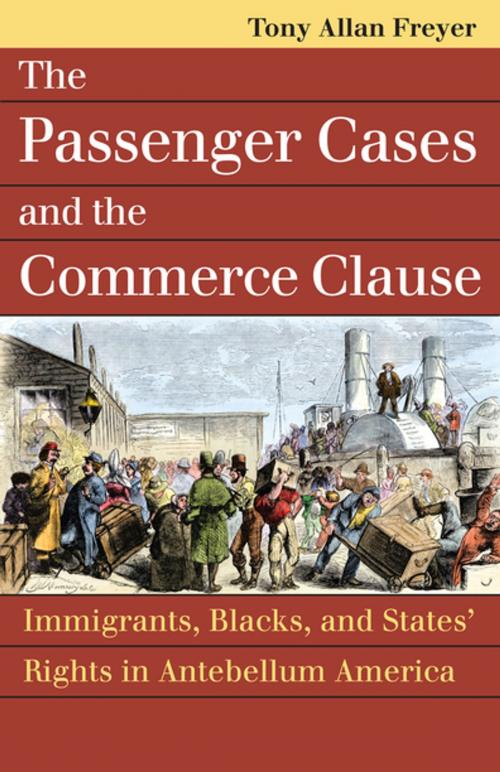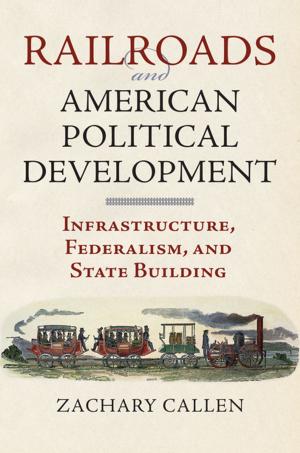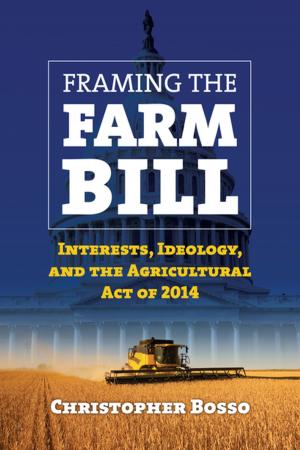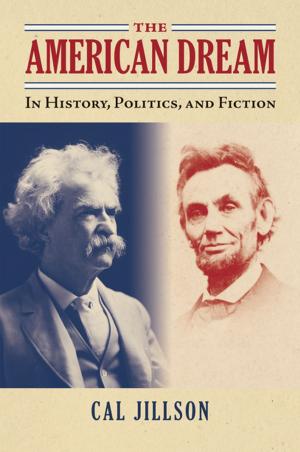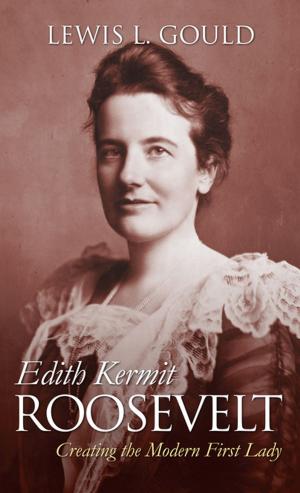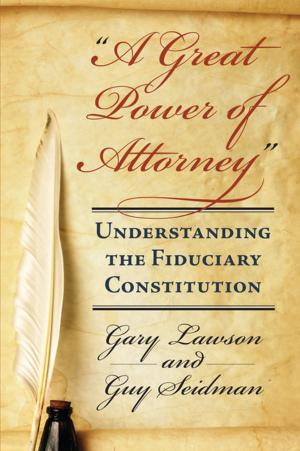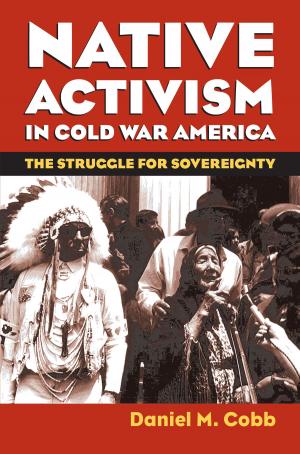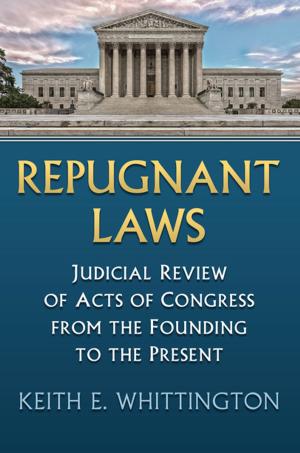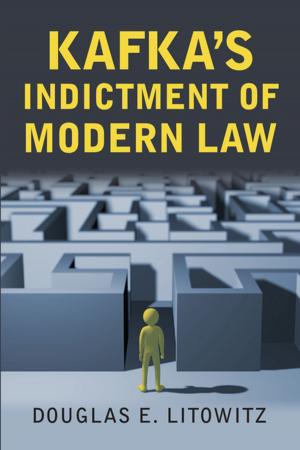The Passenger Cases and the Commerce Clause
Immigrants, Blacks, and States' Rights in Antebellum America
Nonfiction, Reference & Language, Law, Commercial| Author: | Tony Allan Freyer | ISBN: | 9780700620524 |
| Publisher: | University Press of Kansas | Publication: | January 5, 2015 |
| Imprint: | University Press of Kansas | Language: | English |
| Author: | Tony Allan Freyer |
| ISBN: | 9780700620524 |
| Publisher: | University Press of Kansas |
| Publication: | January 5, 2015 |
| Imprint: | University Press of Kansas |
| Language: | English |
In 1849 Chief Justice Taney's Court delivered a 5-4 decision on the legal status of immigrants and free blacks under the federal commerce power. The closely divided decision, further emphasized by the fact there were eight opinions, played a part in the increasingly contested politics over growing immigration, and the controversies about fugitive slaves and the western expansion of slavery that resulted in the Compromise of 1850.
In the decades after the Civil War federal regulation of immigration almost entirely displaced the role of the states. Yet, over a century later, Justice Scalia in Arizona v. US appealed to the era when states exercised greater control over who they allowed to cross their borders; a dissent which has returned the Passenger Cases to the contemporary relevance. The Passenger Cases provide a counter-history that allowed the Court to affirm federal supremacy and state-federal cooperation in Arizona I (2011) and II (2012).
In The Passenger Cases and the Commerce Clause Tony Allan Freyer focuses on the antebellum Supreme Court's role prescribing state-federal regulation of immigrants, the movement of free blacks within the United States and on the origins, state court decisions, federal precedents, appellate arguments, and opinion-making that culminated in the Court's decision of the Passenger Cases. The Court's split decision provided political legitimacy for the 1850 Compromise: enactment of a stronger fugitive slave law, admission of slavery in western territories based on popular vote of residents (popular sovereignty), and the abolition of the slave trade in Washington D.C. The divided opinions in the Passenger Cases also influenced the immigrant and slavery crises which disrupted the balance between free and slave-labor states, culminating in the Civil War. The states did indeed enact laws enabling exclusion of undesirable white immigrants and free blacks.
The 5-4 division of the Court anticipated the better known, but even more divisive, views of the Justices in the Dred Scott case (1857). And in considering the post-Reconstruction evolution of new standards by which to judge immigration issues, the Passenger Cases revealed the continuing controversy over how to treat those who wish to come to our country, even as federal law came to dominate the regulation of immigration. These issues continued to complicate immigration law as much today as they did more than a century and a half ago. The persistence of these problems suggested that a "decent respect to the opinions of mankind" continued to demand a coherent, humane, and more consistent immigration policy.
In 1849 Chief Justice Taney's Court delivered a 5-4 decision on the legal status of immigrants and free blacks under the federal commerce power. The closely divided decision, further emphasized by the fact there were eight opinions, played a part in the increasingly contested politics over growing immigration, and the controversies about fugitive slaves and the western expansion of slavery that resulted in the Compromise of 1850.
In the decades after the Civil War federal regulation of immigration almost entirely displaced the role of the states. Yet, over a century later, Justice Scalia in Arizona v. US appealed to the era when states exercised greater control over who they allowed to cross their borders; a dissent which has returned the Passenger Cases to the contemporary relevance. The Passenger Cases provide a counter-history that allowed the Court to affirm federal supremacy and state-federal cooperation in Arizona I (2011) and II (2012).
In The Passenger Cases and the Commerce Clause Tony Allan Freyer focuses on the antebellum Supreme Court's role prescribing state-federal regulation of immigrants, the movement of free blacks within the United States and on the origins, state court decisions, federal precedents, appellate arguments, and opinion-making that culminated in the Court's decision of the Passenger Cases. The Court's split decision provided political legitimacy for the 1850 Compromise: enactment of a stronger fugitive slave law, admission of slavery in western territories based on popular vote of residents (popular sovereignty), and the abolition of the slave trade in Washington D.C. The divided opinions in the Passenger Cases also influenced the immigrant and slavery crises which disrupted the balance between free and slave-labor states, culminating in the Civil War. The states did indeed enact laws enabling exclusion of undesirable white immigrants and free blacks.
The 5-4 division of the Court anticipated the better known, but even more divisive, views of the Justices in the Dred Scott case (1857). And in considering the post-Reconstruction evolution of new standards by which to judge immigration issues, the Passenger Cases revealed the continuing controversy over how to treat those who wish to come to our country, even as federal law came to dominate the regulation of immigration. These issues continued to complicate immigration law as much today as they did more than a century and a half ago. The persistence of these problems suggested that a "decent respect to the opinions of mankind" continued to demand a coherent, humane, and more consistent immigration policy.
